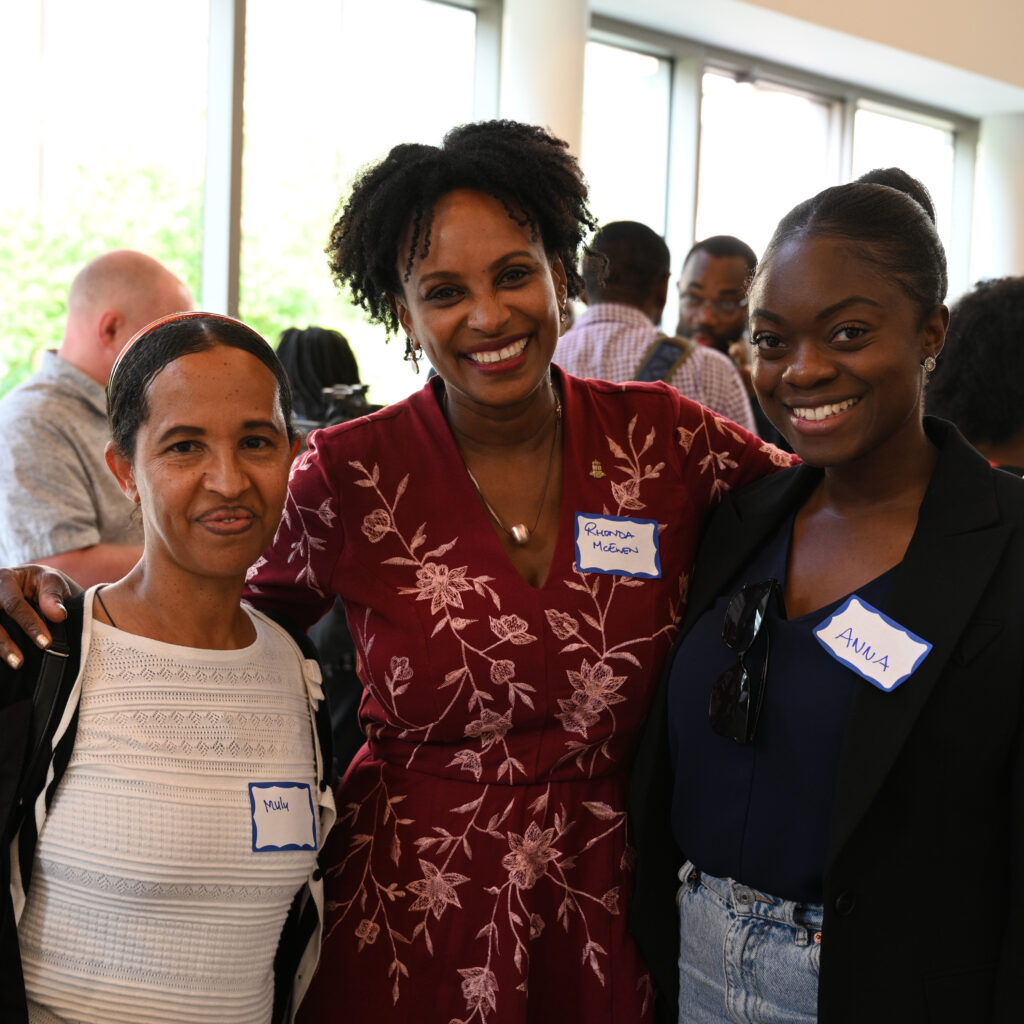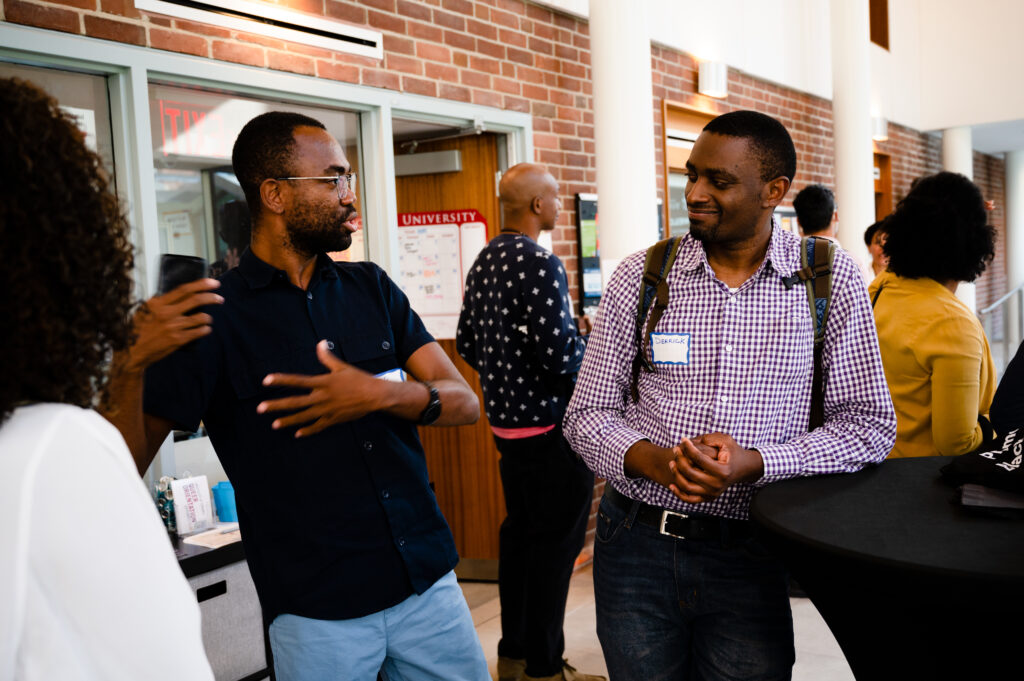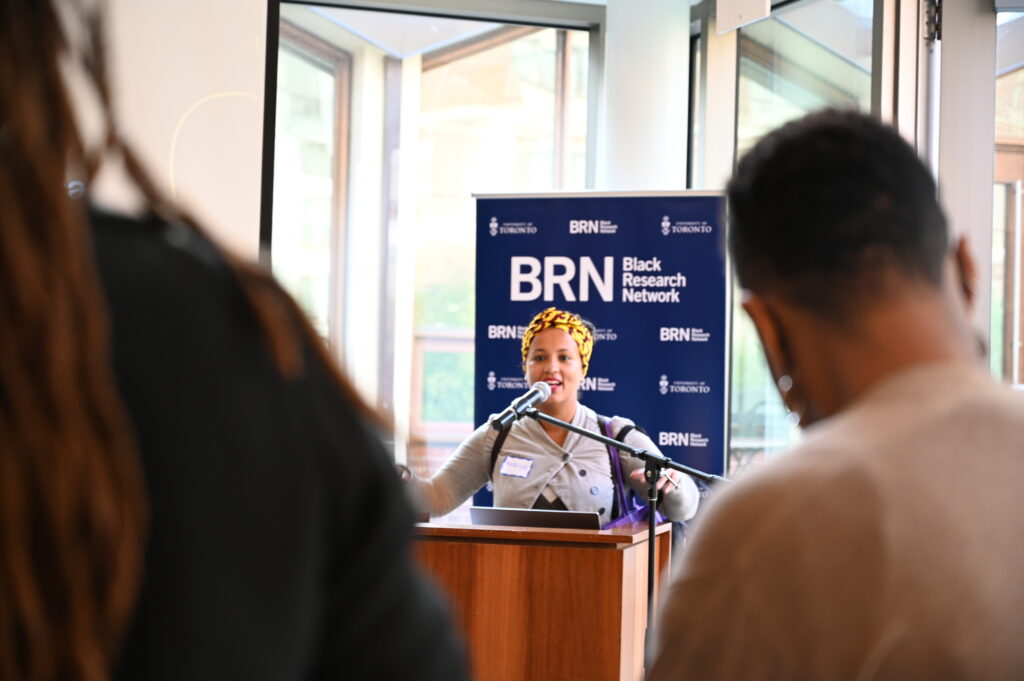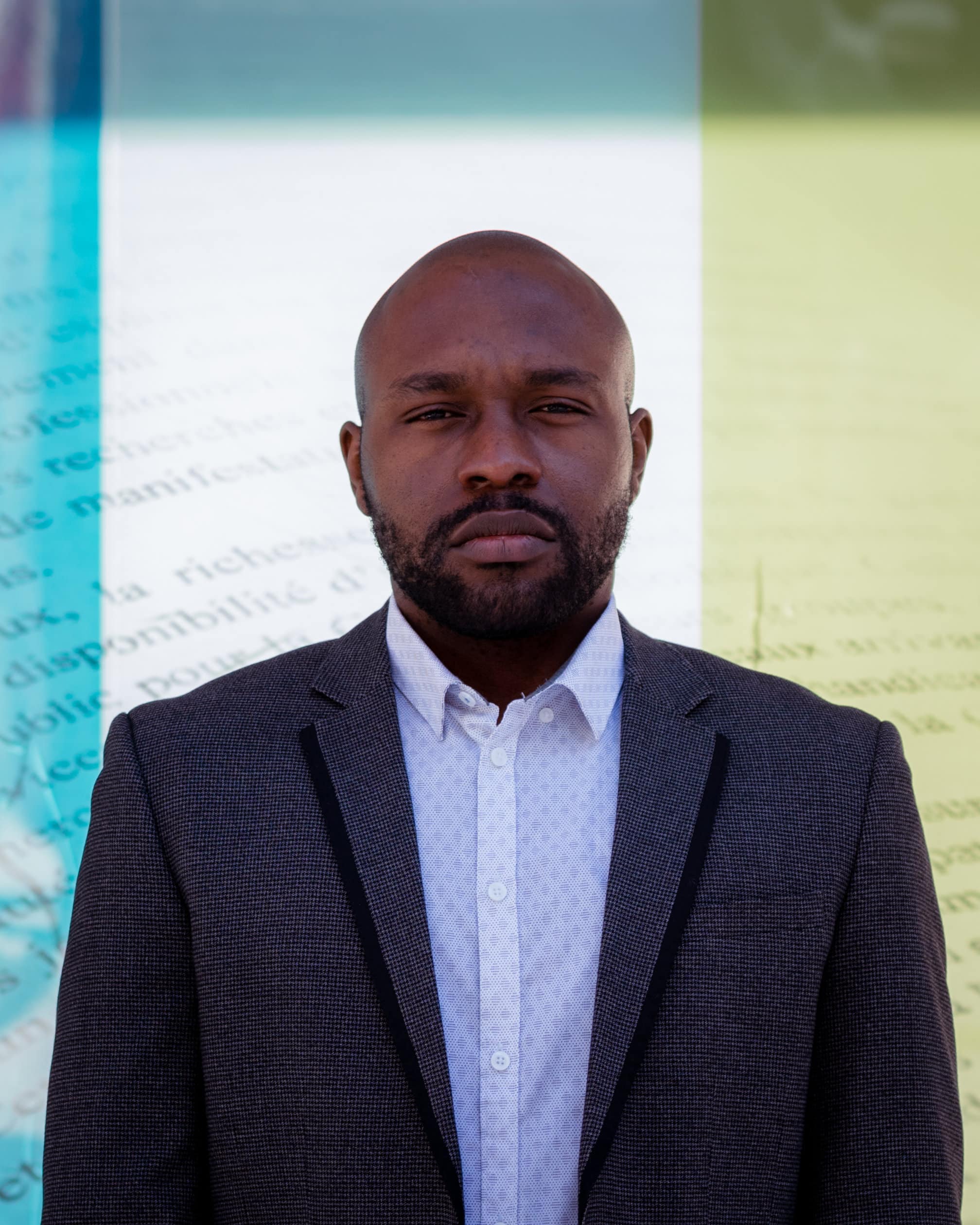Black Research Network sparks collaboration, boosts Black excellence at U of T

Rhonda McEwen knew there was a need for an initiative like the Black Research Network (BRN) at U of T, but even she was surprised at just how quickly it took off.
“It’s still pretty new, but boy, has it exploded,” says the president and vice-chancellor of U of T’s Victoria University and interim director of the BRN.
She’s already seeing a positive impact since the BRN came into existence just a couple of years ago. More Black scholars are applying for the “big” grants, she says, where previously they might have hesitated. “We’re also seeing U of T become a much more attractive location for Black researchers,” says McEwen. “And we’re starting to see some more collaborations across disciplines, which is really amazing – one of the best things we could do as a network.”

Launched in October 2021, the BRN is an Institutional Strategic Initiative (ISI) at U of T and a featured initiative of the Defy Gravity campaign. Its mission is to promote Black excellence and enhance the research capacity of Black scholars within the university and on the world stage.
Aligning with the recommendations of the U of T Anti-Black Racism Task Force – which formed in 2020 to address anti-Black racism and promote Black inclusion and excellence at the university – the idea for the BRN was initially sparked by a desire to foster more collaboration, mentorship and information-sharing among U of T’s Black scholars.
This is important, says McEwen, because even when it comes to practical questions like how to get published or write a grant proposal, “there’s often the feeling of, ‘I don’t want to ask other people in my unit; I’m literally the only Black researcher in my area. I don’t want to look like I don’t know what I’m doing.’” This pressure to appear perfect often comes from a feeling that you’re somehow representing all Black academics, she explains. “Some scholars carry that as an extra weight, and it can inhibit brilliant Black scholars from pushing that little bit further ahead.”

These kinds of subtle barriers led McEwen to spearhead the launch of the BRN alongside Maydianne Andrade, a professor of evolutionary biology at U of T Scarborough; Alissa Trotz, director of the Women & Gender Studies Institute; and Lisa Robinson, vice-dean, strategy and operations (and soon-to-be dean) of the Temerty Faculty of Medicine. Following the establishment of the BRN, Beth Coleman, an associate professor at the Institute of Communication, Culture, Information and Technology and Faculty of Information, became the BRN’s inaugural director.
When the BRN held its online launch event in October 2021 and hundreds of people attended, it was clear this was an idea whose time had come. “Over 400 people turned up for our first gathering. It was quite astonishing,” says McEwen. With keynotes from Ruha Benjamin, a professor of African American studies at Princeton, and Timnit Gebru, founder and executive director at the Distributed AI Research Institute, the event solidified U of T’s presence as a site for Black scholarship excellence.
Inclusive excellence at the heart of the BRN
At the heart of the BRN is the idea of inclusive excellence, a key priority of the Defy Gravity campaign. “Inclusive excellence means bringing together minds from different backgrounds and experiences to solve the big problems of the world – that’s what Defy Gravity is all about, and that’s what the Black Research Network is all about,” McEwen explains.


